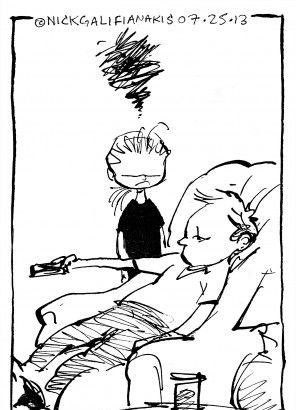salad days 沙拉时光
|
"Salad days" is an idiomatic expression, referring to a youthful time, accompanied by the inexperience, enthusiasm, idealism, innocence, or indiscretion that one associates with a young person. More modern use, especially in the United States, refers to a person's heyday when somebody was at the peak of their abilities -- not necessarily in that person's youth. Salad days(沙拉时光)是一个习语表达,指一个人的年轻时代,这个时期一般都伴随着青涩、热情、理想主义、天真以及鲁莽。这个表达在美国更现代一些的意思是指一个人能力处于巅峰的时期,而这个时期不一定是他年轻的时候。 The phrase was coined in Shakespeare's Antony and Cleopatra in 1606. In the speech at the end of Act One in which Cleopatra is regretting her youthful dalliances with Julius Caesar, she says: "...My salad days, / When I was green in judgment, cold in blood..." 这个短语由莎士比亚首创,出现在他1606年的作品《安东尼和克利奥帕格拉》中。在第一幕结尾的独白中,克利奥帕格拉在追悔她年轻时与尤利乌斯·恺撒嬉戏调情的时光,她说:“…我的年轻时光,那时候判断能力不佳又冷酷无情…” The phrase became popular only from the middle of the 19th century, coming to mean "a period of youthful inexperience or indiscretion." The metaphor comes from Cleopatra's use of the word 'green' -- presumably meaning someone youthful, inexperienced, or immature. Her references to "green in judgment" and "cold in blood" both suggest qualities of salads. 这个短语在19世纪中叶开始广泛使用,用来指代“年轻没经验或行事莽撞的时期”。这个比喻大概来自于克利奥帕格拉对green一词的使用,green(绿色)指年少、缺少经验或不成熟的年轻人,而green in judgment和cold in blood都显示了沙拉的特点。 |








